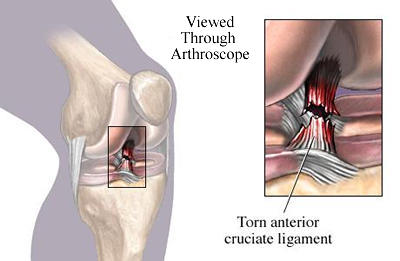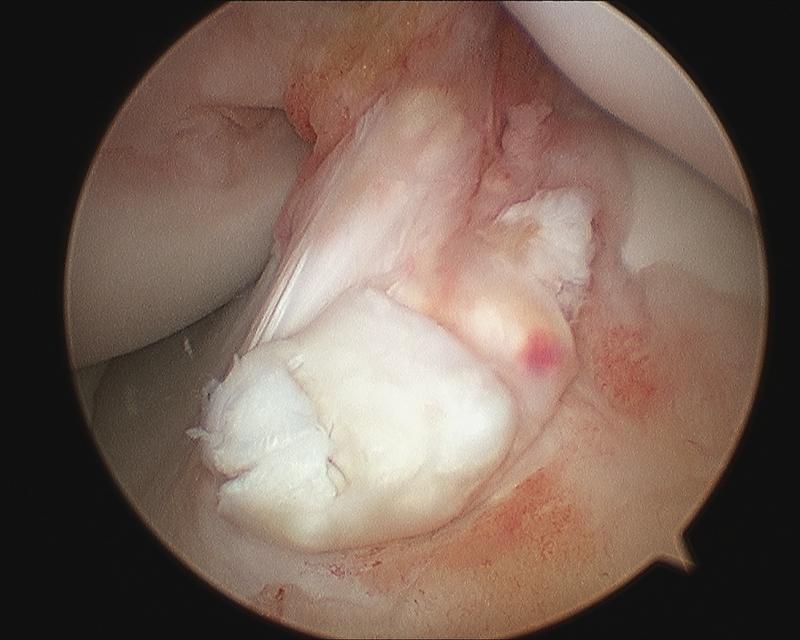Sam Akhavan, MD
Pittsburgh Orthopaedic Sports Medicine Doctor
Arthroscopy Surgeon for Knee & Shoulder Surgery, Pain and Injuries
SHOULDER
ARTHROSCOPY
SURGEON
KNEE
ARTHROSCOPY
SURGEON
Anterior Cruciate Ligament (ACL) Tears
ACL tears are one of the most common injuries in young athlete. In most cases, this is a season-ending injury but with appropriate care does not have to be a career-ending injury.
ACL tears are about 5-7 times more common in women than men. While no training program can fully prevent ACL tears, the Sports Performance center at Allegheny Health Network provides Jump Training Programs that can help ensure proper mechanics and neuromuscular training
The ACL is one of the main ligaments that stabilizes the knee. It prevents the tibia from sliding forward on the femur and also provides rotational stability to the knee.
While some ACL injuries occur as a result of a contact injury, the greater majority if ACL tears occur as a result of a non-contact injury.
After an ACL tear has occured, the knee will typically swell immediately. Some patients will remember hearing a pop. Afterwards, patients may feel significant instability in the knee and a feeling of giving way.
In most young active patients who hope to return to their sports, we will recommend an ACL reconstruction. We typically have to wait for the swelling in the knee to decrease and for some motion to be restored to the knee.
There are many factors that can affect outcome in an ACL reconstruction, including the choice of graft to reconstruct the ACL, appropriate surgical placement of the graft as well as rehabilitation and return-to-play protocols. A careful discussion should be had with your surgeon to ensure the surgery for your ACL tear is appropriate for you
Dr. Sam Akhavan has been doing ACL reconstructions in Pittsburgh since 2008 on athletes of all levels. He has performed extensive research in the area as well.
A schematic and an arthroscopic picture of anl ACL tear
Arthroscopy of an ACL tears
Click below to see an animation of an ACL reconstruction
Click to see an ACL reconstruction performed by Dr. Akhavan
Dr. Akhavan performs ACL surgery in Pittsburgh, PA at Three Locations
The Allegheny General Hospital Surgery Center on the North Side
The Wexford Health and Wellness Pavillion
Kennedy Heritage Valley.
CALL 412-359-3895 for an appointment
Specific ACL Techniques used & their ADVANTAGES
1. All-Inside ACL: With an ALL-INSIDE ACL, sockets are drilled rather than
tunnels. Studies have demonstrated that an ALL-INSIDE ACL may provide
better healing of the graft to the bone
2. Internal Brace: An Internal Brace is an additional "back-up" suture to the ACL
reconstruction. An Internal Brace provides protection to the ACL during its initial healing



